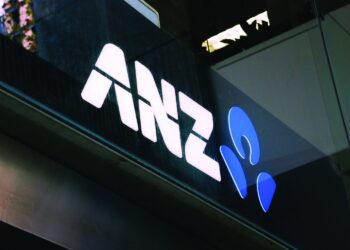Interpreting the differences between exchange-traded funds (ETFs), exchange-traded products (ETPs), exchange-traded commodities (ETCs) and exchange-traded notes (ETNs) is necessary, but the regulator’s approach to naming conventions may cause further confusion.
“The regulator has been making life a little more complex around naming definitions,” ETF Consulting managing director Tim Bradbury told InvestorDaily.
“You don’t want to make it so prescriptive and complicated that everyone gets confused.”
In June this year, ASIC told InvestorDaily that it was managing the risk of investor confusion by ensuring that structured products were not called ETFs.
“They are required to be labelled as structured products so as to avoid investor confusion and so you know what you are buying. However, issuers often also use names such as ETNs, ETCs, exchange-traded international securities or trackers,” an ASIC spokesperson said at the time.
Advisers were still uncertain about the categorisation and differences between ETFs as they currently stand, Bradbury said.
“Contrary to the Australian Stock Exchange and my view, the regulator’s view is that if you’re an ETF, you’re a passive index tracking vehicle and largely physically backed; if you’re not, you’re something else,” he said.
“So they want to call actively managed ETFs a managed fund.
“That gets complicated where you have an active ETF that’s repricing every few minutes with market makers and then AQUA 2 comes along and you have managed funds that don’t reprice intraday, that’s really confusing.”
In addition, if existing ETFs in the market also need to be renamed, it would add further confusion, Bradbury said.
“The regulator is trying to get ahead of the growth because they assume the market is going to get bigger so they’ve looked overseas to learn what’s happened there and trying to apply [safeguards] to Australia, which makes sense but you don’t want to make it so complex that everybody gets confused,” he said.
Furthermore, the term ETF would probably be used less going forward.
“The term exchange-traded product (ETP) is going to be used a little more; under ETP you’re going to hang ETFs, which are the physical funds, then you’re going to have managed funds and structured products, Bradbury said.
The term actively managed ETF “probably will never see the light of day in Australia”, or it may take some years, he said.
ETF Consulting recently launched its best practice ETF education program, which will include a module on the ETP market that explains how ETFs, ETCs, ETNs et cetera differ from one another.
The online program was continuing professional development-accredited by the FPA and could enable licensees and dealer groups to customise their own ETF accreditation program.
Bradbury said the majority of education provided by ETF issuers was still largely paper-based.







